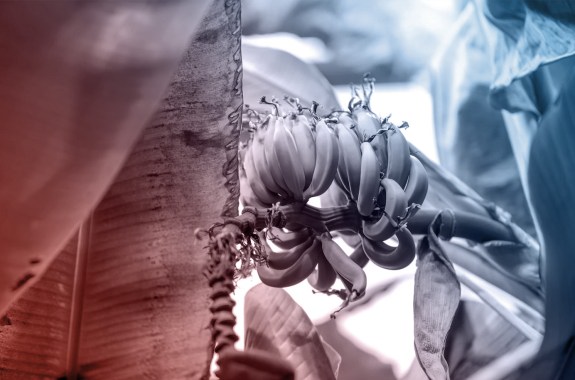John works with the radio team to create our weekly show, and is helping to build our State of Science Reporting Network. He’s also been a long-time guest host on Science Friday.
He and his wife have three cats, thousands of bees, and a yoga studio in the sleepy Northwest hills of Connecticut.
John likes building radio collaborations. He helped bring together 18 stations across the Northeast to cover environmental issues, which eventually led to the New England News Collaborative, worked with NPR on their Collaborative Coverage Project, and with the national talk program America Amplified.
For 25 years, John oversaw news programming at WNPR, where he started the daily talk show, Where We Live. He’s also produced award-winning long-form documentaries on mental health and care for the elderly, and hundreds of short stories for NPR and public radio stations, including one about virtual reality in dentistry that’s actually pretty embarrassing to listen to now.
You can also see him doing live events for The Connecticut Mirror, The Connecticut Forum, and The International Festival of Arts & Ideas.
John grew up in Pittsburgh, and is as big a Mr. Rogers fan as you’ll find anywhere.
12:12
A Science Hero, Lost and Found
In our August book club pick, “The Invention of Nature,” Andrea Wulf restores Alexander von Humboldt to his rightful place in science history.
17:25
From Farm To Fridge: The Science And History Of Refrigeration
In her book ‘Frostbite,’ Nicola Twilley examines how refrigeration changed the world and spoiled us—and our food.
17:08
How Congestion Pricing Can Impact Human Health
Congestion pricing increases commuting costs in cities, but it can also mean better air quality and a healthier population.
Why Are There So Many Drug Shortages In The U.S.?
It’s not just Ozempic. There are 323 ongoing drug shortages in the U.S., leaving patients scrambling for necessary medications.
16:16
Crowdsourced Data Identifies 126 ‘Lost’ Bird Species
Researchers analyzed photos, videos, and audio from crowdsource platforms to identify bird species that have not been spotted in over a decade.
17:01
House Stalls On Bill To Compensate Victims Of Nuclear Testing
The Radiation Exposure Compensation Act expired on June 10, but supporters are still fighting to expand it.
6:16
Squid With ‘Giant’ Eggs Could Be A New Species
A deep-sea squid in the family Gonatidae was filmed cradling large eggs for its body size, which suggests it’s an entirely new species.
17:15
20 Years Later, How Are City Climate Plans Actually Going?
When the federal government wavered in its commitment to climate action, cities stepped up. But goals, and success, are hard to define.
16:31
New Guidelines Recommend Earlier Breast Cancer Screening
The latest update moves the recommended age to start mammograms from 50 down to 40. How are these decisions made?
6:11
Fighting Banana Blight In A North Carolina Greenhouse
America’s most-consumed fruit is at risk from a fungal disease. Researchers in North Carolina are on a mission to save Cavendish bananas.









